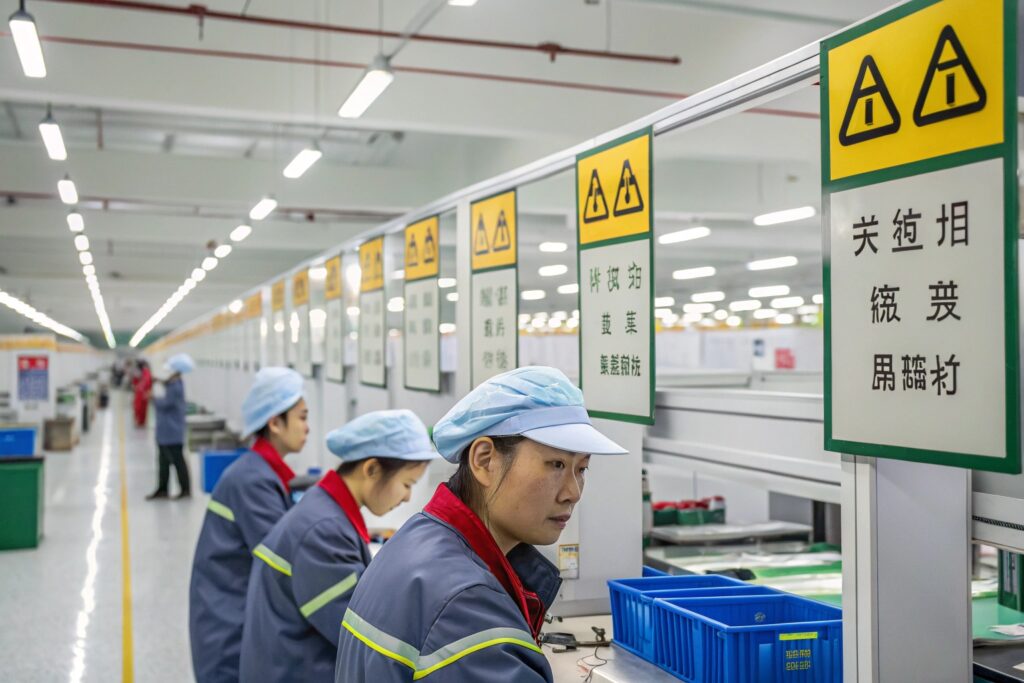When sourcing hairbands from overseas—especially from China—buyers often worry about what happens behind factory doors. Is labor treated fairly? Are working conditions safe? Will the factory pass a compliance audit if requested?
Verifying social compliance at your hairband manufacturing partner is essential for protecting your brand reputation, ensuring ethical practices, and meeting retail standards in Western markets.
As a factory owner in China, I’ve worked with many international clients who needed third-party audits, ethical sourcing checks, and social certifications. Here’s how you can approach it with confidence.
What Certifications Indicate Strong Social Compliance?
Social compliance isn’t just a claim—it’s often validated by third-party certifications that inspect factory operations across labor, safety, health, and environmental standards.
Key certifications to look for include BSCI, SEDEX, SA8000, and WRAP. Each reflects a factory's commitment to worker rights, clean operations, and ethical manufacturing.
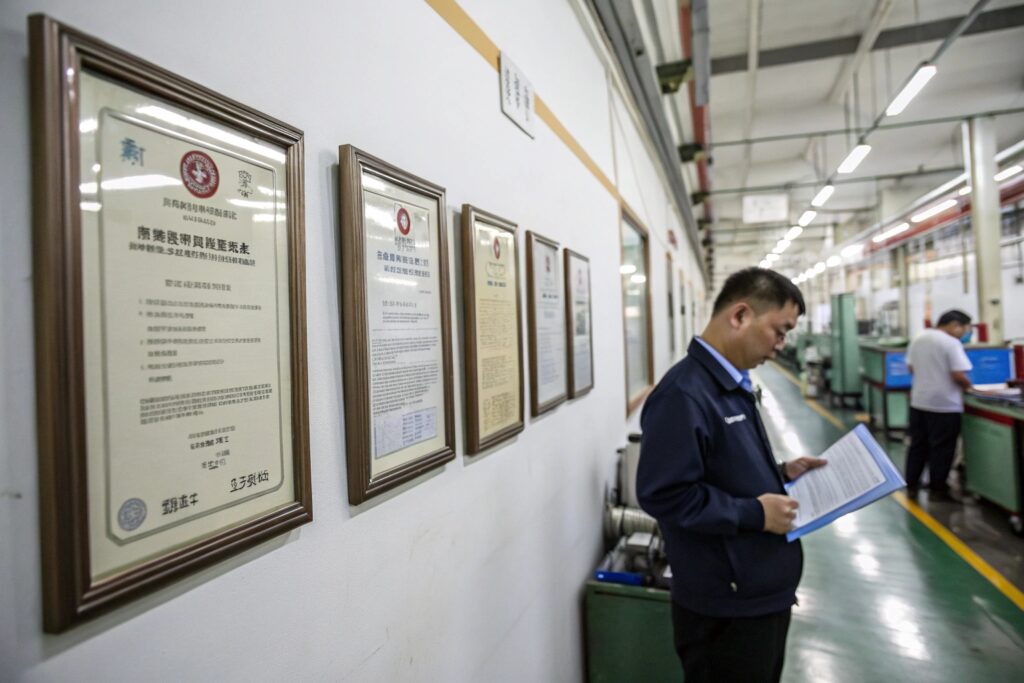
Which Certification Should I Prioritize?
For EU buyers: BSCI is widely recognized.
For US buyers: SEDEX or WRAP is often sufficient.
For high-end brands: SA8000 offers the strictest framework.
Can a Factory Be Certified for Multiple Standards?
Yes. At HairAcc, we have passed BSCI and SEDEX audits, and we also prepare documentation for customers needing brand-specific ethical checks.
How Can You Conduct a Third-Party Audit?
Beyond certificates, many buyers want real-time validation through social audits. A third-party audit inspects actual factory practices—not just paperwork.
We welcome clients to send SGS, Intertek, TÜV, or other certified auditors to our facility. These audits check working hours, safety, compensation, and more.
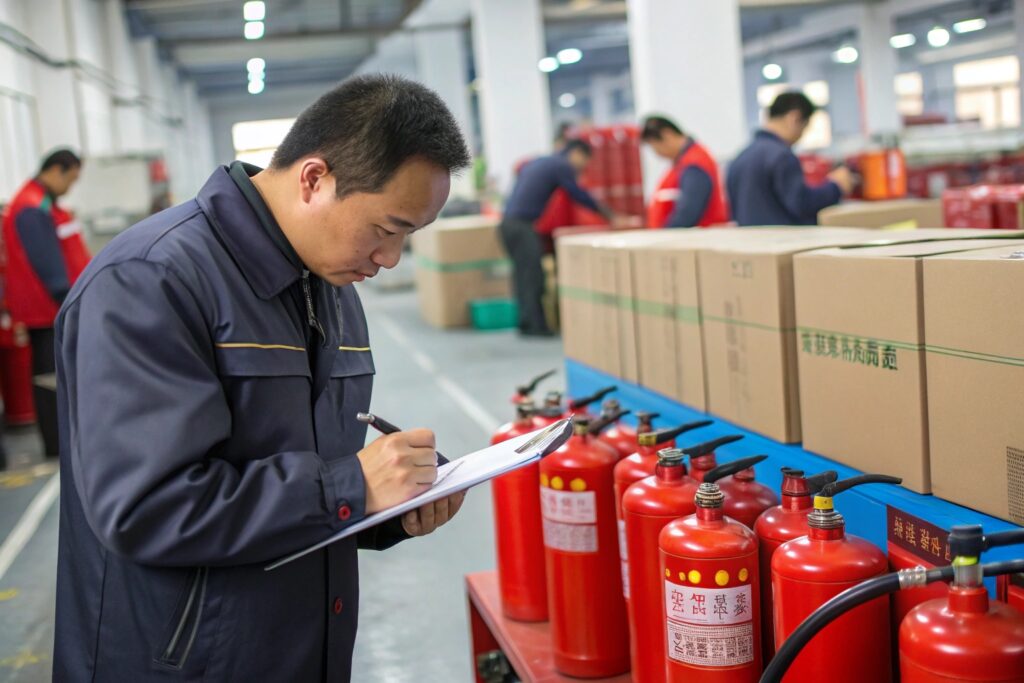
What Happens During a Social Audit?
- Document review: contracts, attendance logs
- Worker interviews: confidential and unsupervised
- Facility checks: fire exits, PPE, dorms, canteens
- Payroll audits: ensure correct wages and legal benefits
How Do You Prepare for a Social Audit?
We keep documentation organized and training updated. Our management conducts pre-audits and refreshes safety protocols regularly to ensure readiness at all times.
What Questions Should You Ask the Factory?
Sometimes compliance is not just about documents but how the factory responds to key ethical questions.
Buyers should ask: How do you manage worker hours? What’s your minimum wage policy? How are complaints handled internally?
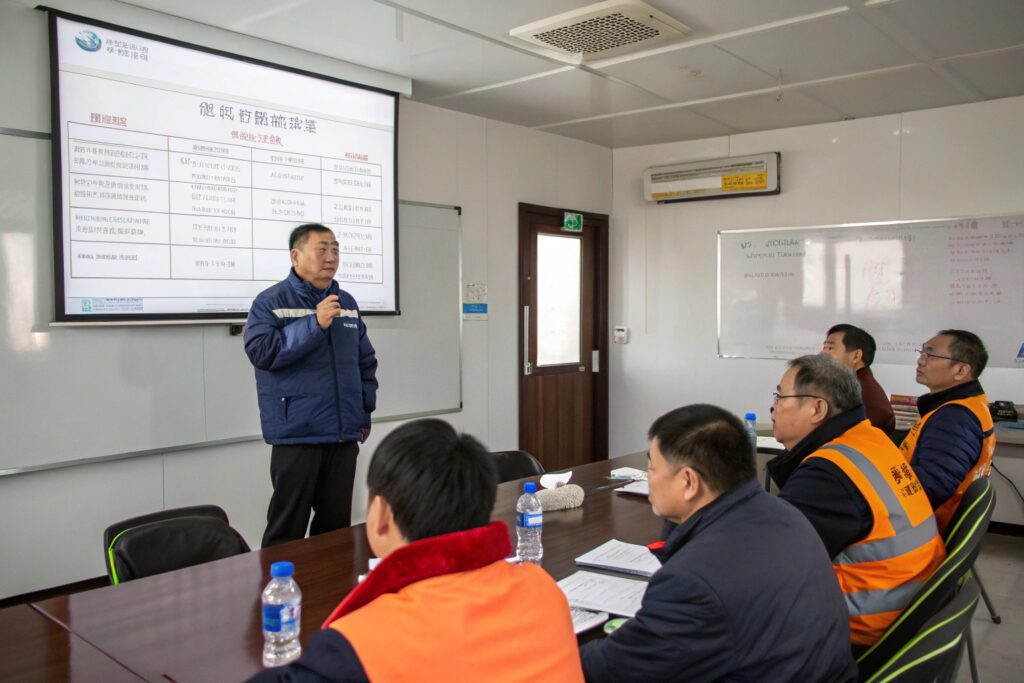
Why Ask About Overtime?
Overtime abuse is a red flag in many audits. Factories should prove they comply with legal work limits and pay extra hours fairly.
What Is an Internal Grievance Channel?
At HairAcc, we have suggestion boxes, worker feedback meetings, and HR response protocols to ensure worker voices are heard. This is a common audit requirement.
How Can You Monitor Compliance Over Time?
Even if your manufacturer passes an audit once, you still need ongoing compliance to protect your supply chain long-term.
We provide quarterly updates to clients and accept unannounced audits. You can also use continuous compliance platforms to monitor labor standards.
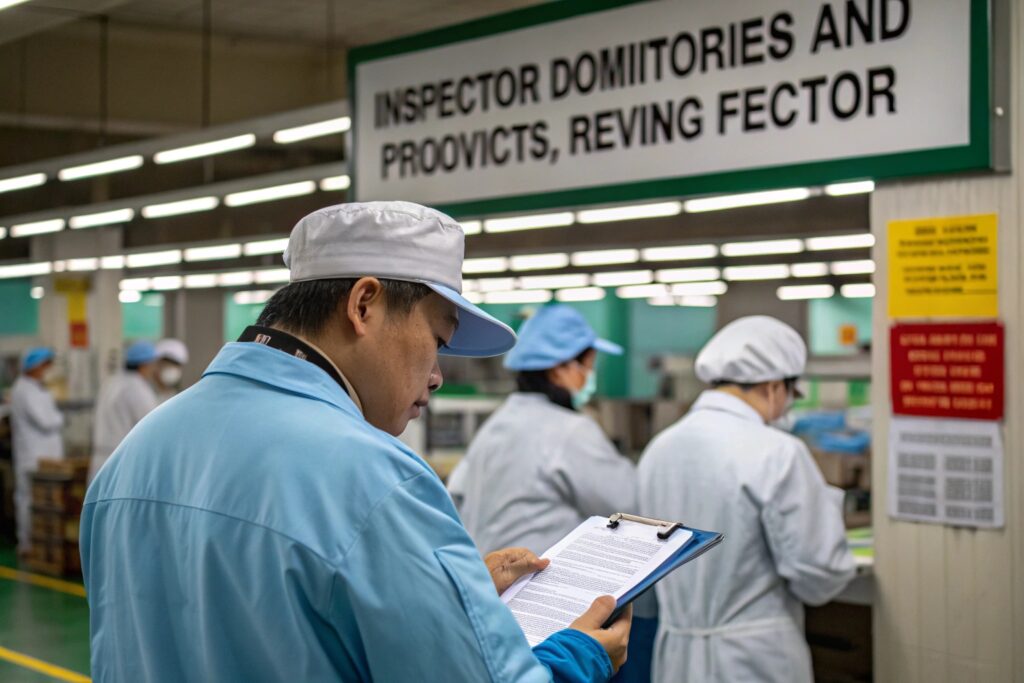
What Ongoing Tools Can Be Used?
- SEDEX’s SMETA platform allows compliance tracking
- Amfori BSCI members can access ongoing reports
- WeChat-based updates for quick factory status photos
Do You Offer Worker Welfare Improvements?
Yes. We offer factory tours showing staff rest zones, clean dorms, and subsidized canteens. These are part of our brand’s social responsibility.
Conclusion
Social compliance isn’t just a formality—it’s the foundation of trust in international trade. As a responsible hairband manufacturer in China, we make compliance visible, verifiable, and ongoing.
From certification to inspection, we’re ready to help your brand meet ethical sourcing standards and pass any audit. When your partner takes compliance seriously, you save time, avoid risk, and build buyer loyalty.

